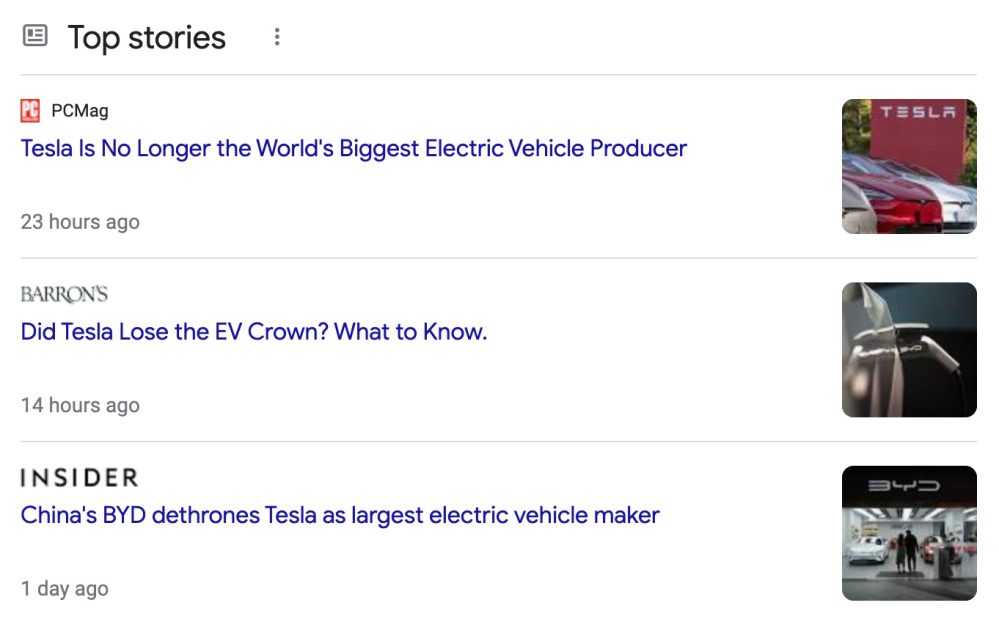“Tesla is no longer the world’s largest electric car producer” is the take that the media is parroting this week, but it stems from adding plug-in hybrids into the mix while everyone agrees that all-electric vehicles are the future of the industry.
For years, Tesla has been investing heavily in large-scale production of electric vehicles while most legacy automakers were still focusing on compliance vehicles and building just enough of them to comply with government regulations.
Only in the last years have those automakers admitted that all-electric vehicles are the future of the industry and starting to heavily invest in producing them in large volumes.
It resulted in Tesla building a massive lead in EV volume production that it still maintains today.
That’s why it was surprising that many media yesterday were propagating some variation of the headline that “Tesla is no longer the world’s largest electric car producer”:

The news comes after both Tesla and Chinese automaker BYD reported their production results for Q2 2022.
Tesla reported having delivered just over 250,000 vehicles in Q2 – its first down quarter in 2 years due to a factory shutdown in Shanghai. It adds up to Tesla having delivered 564,743 electric vehicles in the first half of 2022.
As for BYD, it reported having delivered 638,157 “electric vehicles” during the first half of the year.
That’s what is prompting all those headlines, but what most of the media is failing to highlight is that almost half of BYD’s EV sales are vehicles equipped with internal combustion engines burning gasoline.
314,638 vehicles out of BYD’s reported 638,157 “EV sales” in 2022 are plug-in hybrids.
When comparing all-electric vehicles for all-electric vehicles, Tesla still outsold BYD by a significant percentage in 2022 despite its bad quarter.
Electrek’s Take
I have no problem with BYD. I think it’s a great company helping accelerate EV adoption, but I think it’s important to make a distinction with plug-in hybrids, which is mostly a transitional technology. Everything points to the technology dying as all-electric vehicles are taking over.
The goal of the game in the auto industry is still ramping up all-electric vehicle production. The internal combustion engine is basically dead.
When it comes to producing all-electric vehicles with large battery packs enabling long-distance travel without burning any fossil fuel (at the tailpipe), Tesla is still king.
I think it’s possible for some companies to eventually catch up to them, but no, it has not happened yet.
FTC: We use income earning auto affiliate links. More.
Subscribe to Electrek on YouTube for exclusive videos and subscribe to the podcast.